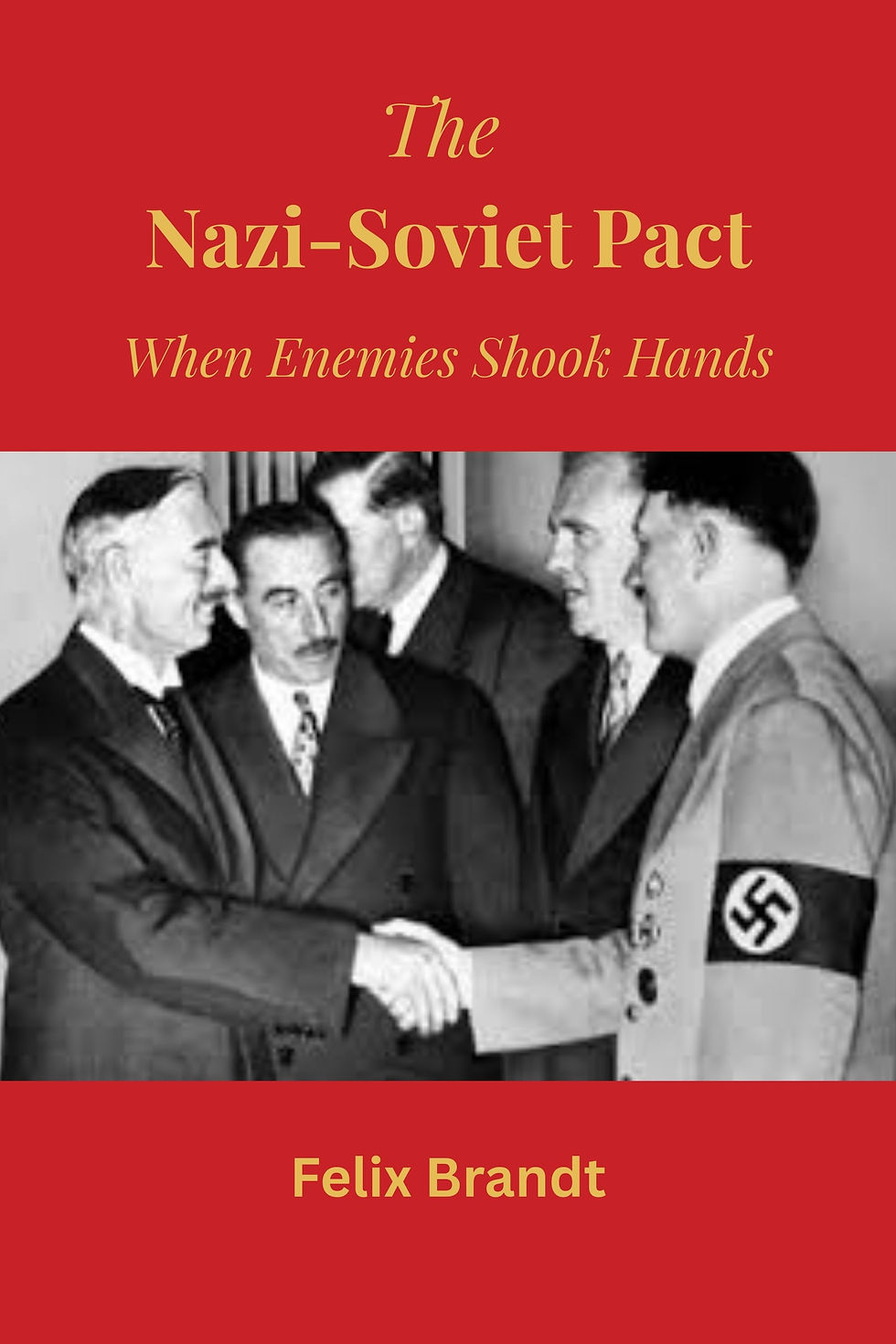An era of qualitative and quantitative expansion of nuclear arsenal began immediately after the Second World War. Today, with thousands of nuclear weapons deployed by multiple states including not so stable regimes and a possible access to non-state actors, threat of a nuclear conflagration persists. An accident or a rash decision could trigger an unprecedented man-made crisis. Even testing and storage of nuclear weapons has attendant environmental and human costs. And states continue to spend unprecedented amounts on upkeep and modernisation of nuclear weapons and their delivery platforms on land, air and maritime domain.
International treaties and legal frameworks to contain and eliminate nuclear weapons are rather weak and discriminatory. In spite of some regional initiatives for creation of Nuclear Weapon Free Zones or No First Use policies by nuclear weapon owners, humanity continues to live under the dark shadow of a nuclear threat. Is our society looking at the issue in a holistic fashion to find a solution or trying to defer the hard decisions to the next generation? To understand the issue, this book looks at nuclear weapon’s impact of various facets of our society including human and environmental costs and further examines the issue of various procedures, processes and legality in this domain.
NUCLEAR WEAPONS: Untangling the Societal Enigma
Kishore Kumar Khera is an independent analyst. He served as a fighter pilot in the Indian Air Force for 33 years. He was a pioneer member of Composite Battle Response and Analysis (COBRA) Group and headed the Operational Planning and Analysis Group at Air Headquarters. His recent books include Combat Aviation: Flight Path 1968-2018 and Modern Non-Lethal Weapons: Concepts, Application, Legal and Moral Perspective.
Dr U C Jha, a former Wing Commander, is an independent researcher in international humanitarian law, military law and human rights law. Some of his recent publications include, Modern Non-Lethal Weapons; Protection of Prisoners of War; Biological Weapons: The Evolution of Military law in India; Ethics in the Indian Military; Killer Robots: Lethal Autonomous Weapon Systems: Legal, Ethical and Moral Challenges; Human Rights in the Indian Armed Forces: An Analysis of Article 33 of the Constitution; The Law of Armed Conflict; and Child Soldiers: Practice, Law and Remedies.
















